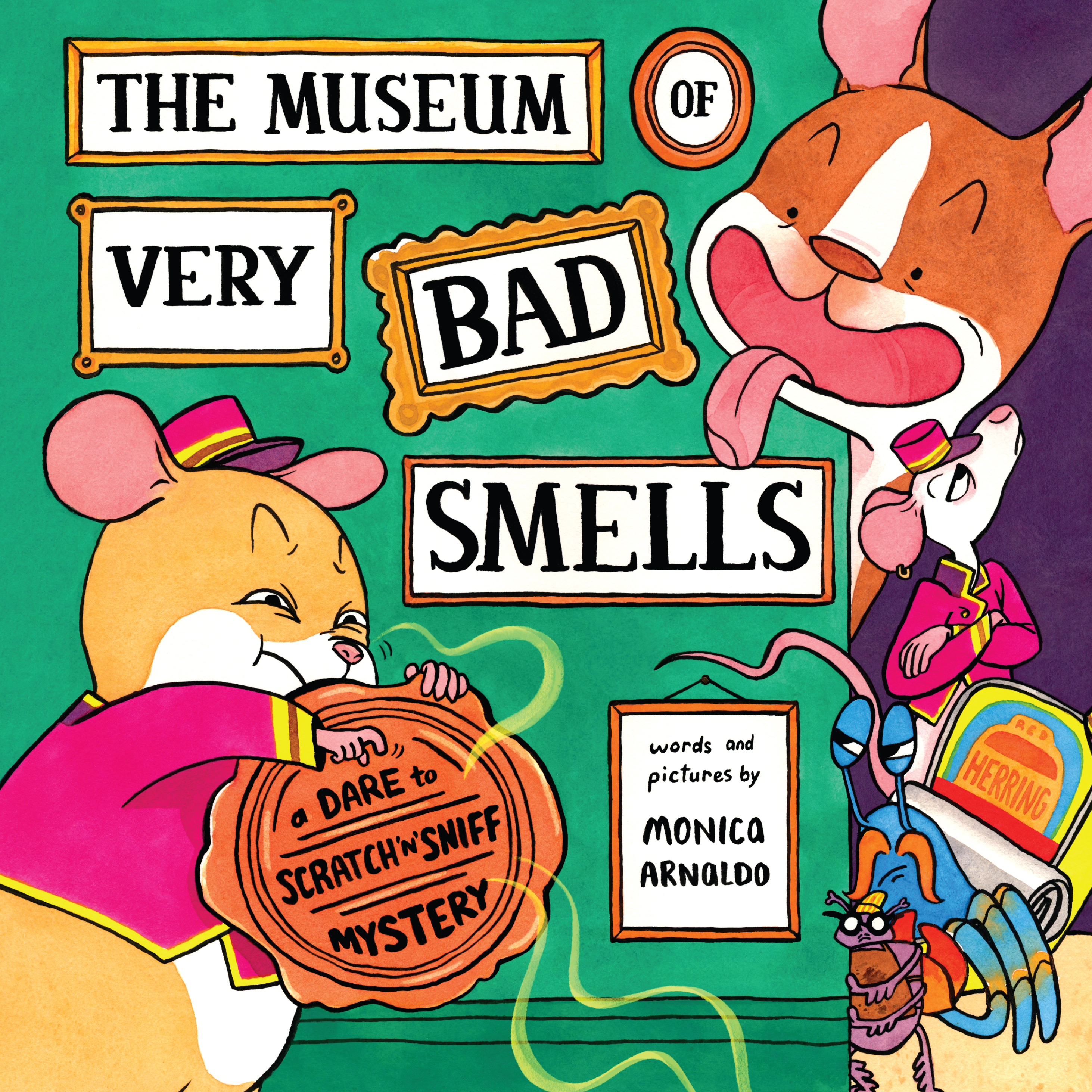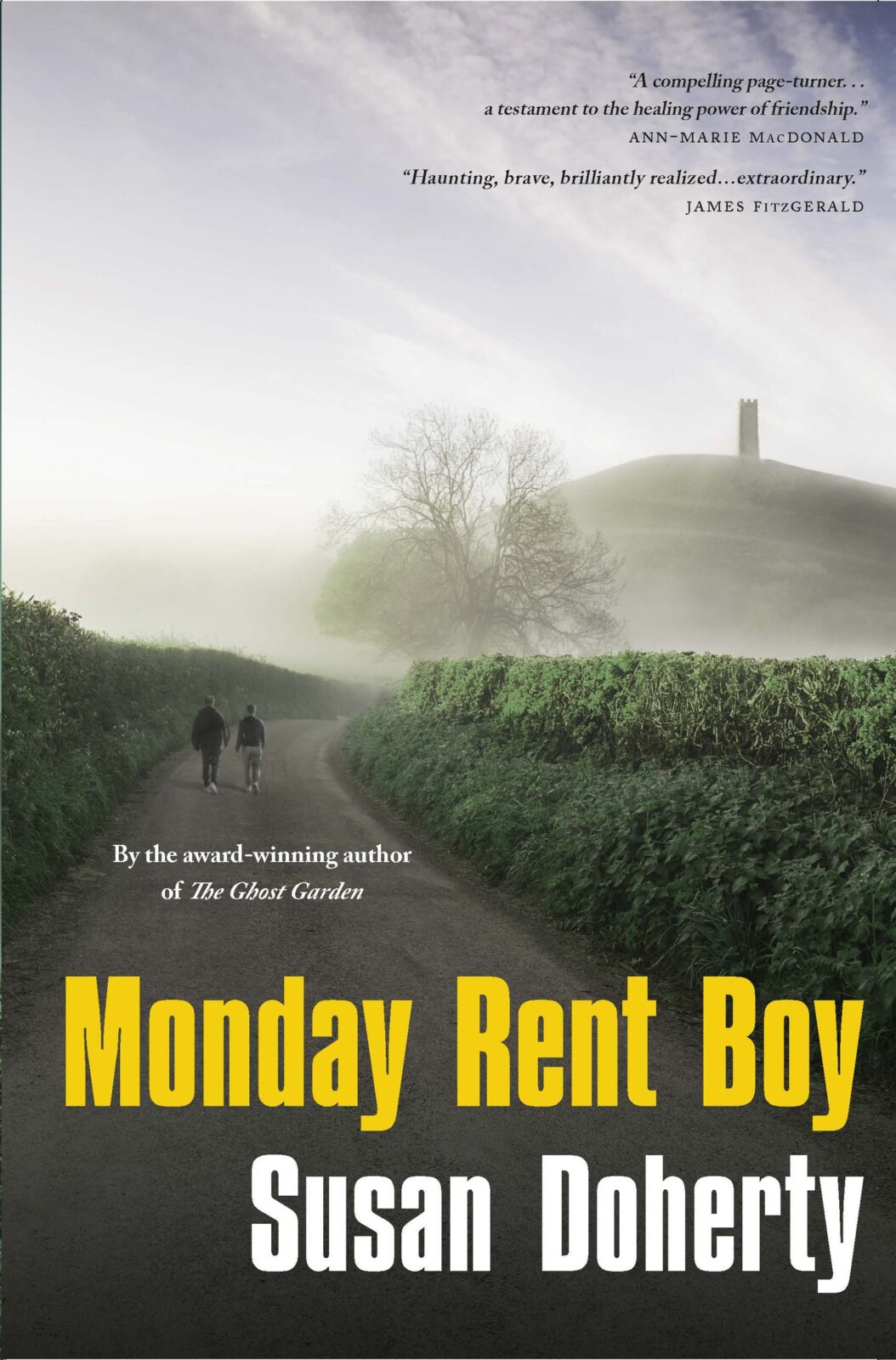Esther: A Jewish Odyssey
Pierre Lasry
IDBAR Editions
paper
386pp
2-9807385-1-4
The historical facts of Esther Brandao’s story are taken from the Minute Book of Varin de la Mare, Harbour Police Commissioner in Quebec City in September 1738. Esther, dressed as a boy, dressed as a boy, runs away at 15 from her native city of Bayonne in 1735. Shipwrecked, imprisoned, and peripatetic, Esther is finally forced to become a colonist in New France. On board ships her gender is discovered. Worse, a Star of David, along with a cross, is found around her neck.
Esther was a chocolate maker with a wonderful future ahead of her – if only she not been Jewish. She had been sent as a small child to a convent, where she was “converted” in a mass baptism. Later she came back to live with her fellow New Christians in the Jewish quarter of Bayonne. When she gets to New France she is immediately a problem: non-Catholics were not allowed to settle in the new colony.
Esther’s story is one of identity confusion on several levels: she struggles with her religion, her fear of being female, and her fear of love. To Lasry’s credit, he differentiates between the social system, which espoused a rather militant Christianity, and human beings, who could be credulous and cruel but also kind. The omniscient narrator has much to say about events in Esther’s life from a 21st century perspective, which continually brings the reader flowing through time.
Lasry’s language is colourful, even sumptuous. Well-researched historical details flesh out the book without being too distracting. Esther’s story is worth a leisurely read, and would make a fascinating movie. mRb






0 Comments